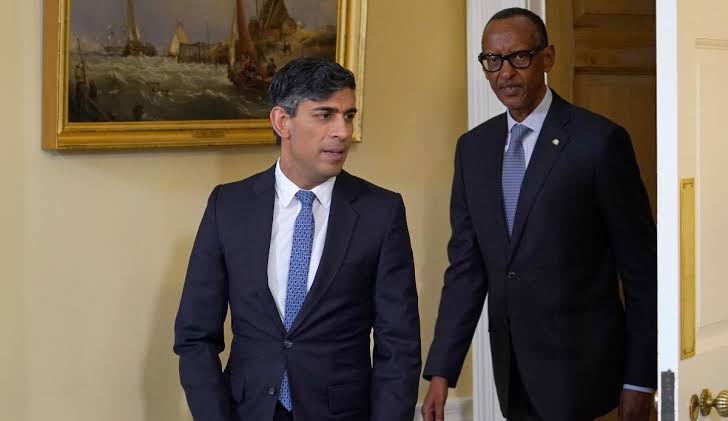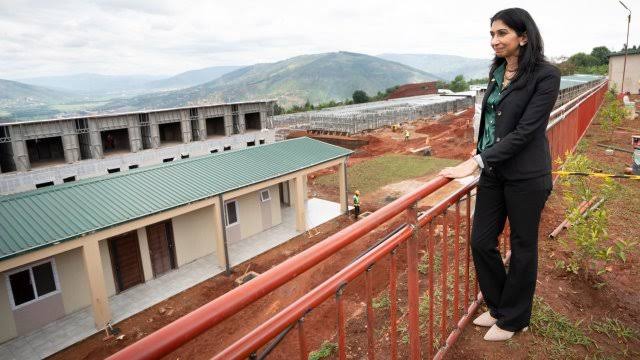Rwanda will not be refunding the UK after a £240 million ($310 million) migrant deportation deal between the two nations was canceled. The controversial scheme, initiated by the previous Conservative government in 2022, was halted due to legal challenges and the newly elected British Prime Minister Keir Starmer’s decision to scrap the plan.
Despite the UK government’s hopes of recovering some of the funds, a Rwandan government spokesperson clarified that the agreement contained no provisions for reimbursement. Alain Mukuralinda, the spokesperson, stated in a video released by the state-owned Rwanda Broadcasting Agency, “Within the agreement, there was no clause regarding reimbursement… it never stated that the money would be refunded.”

Prime Minister Keir Starmer confirmed that his administration would not pursue the deportation policy devised by his predecessor, which aimed to send asylum seekers arriving in small boats to Rwanda. This decision effectively terminated the plan before any flights could commence. Although Starmer had previously vowed to abolish the policy, he now faces pressure to address the issue of illegal migration, a significant electoral concern. The UK has seen a surge in migrants crossing the English Channel from France, with numbers reaching a peak of 46,000 in 2022.

Also, read; Kenyan President Ruto Dismisses Majority of Cabinet Amidst Protests
Immigration has become a central political issue in the UK, especially following its departure from the European Union in 2020. The Conservative government had argued that migrants arriving in the UK without claiming asylum in a safe country they passed through, such as France, should not be considered genuine refugees. To deter these perilous journeys, the UK entered a deal with Rwanda in April 2022 to transfer migrants arriving by stowing away or in boats to the East African country for asylum processing. Successful applicants would then remain in Rwanda.

Despite its modern infrastructure and stability, Rwanda has been criticized by human rights groups for suppressing dissent and free speech. The cancellation of the migrant plan, which faced significant ethical and logistical objections, has now left the UK government searching for alternative solutions to the ongoing migration issue.
